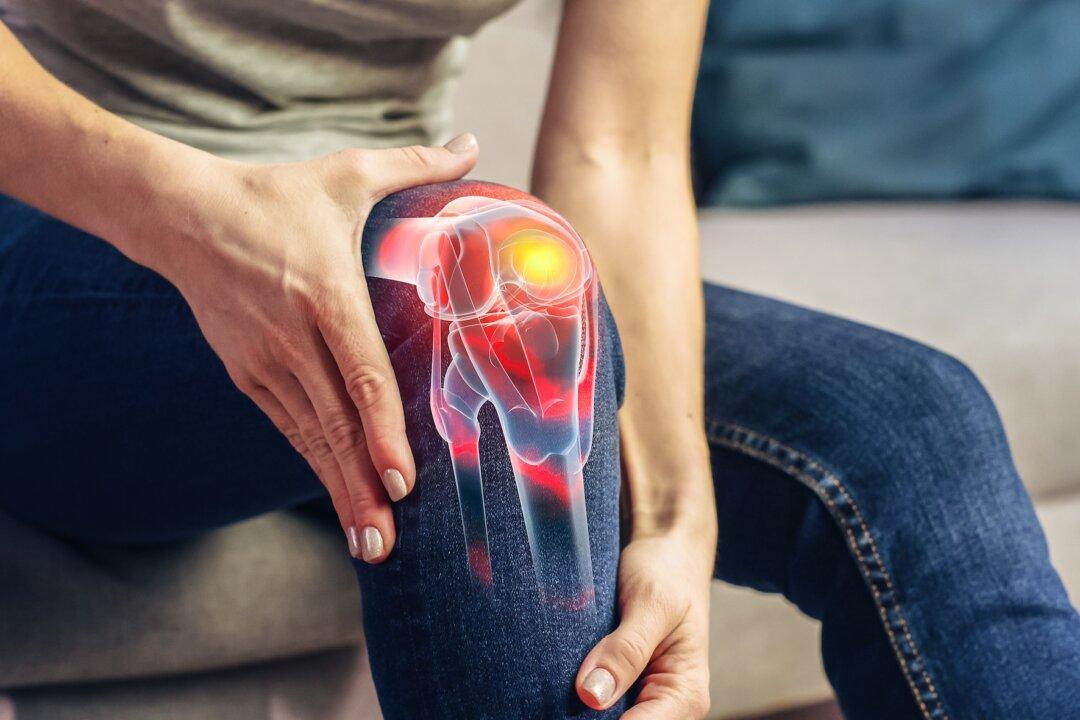Researchers at the University of Sydney in Australia reviewed the world’s literature and concluded that stretching does not prevent muscle soreness that follows vigorous exercise. Athletes train by taking a hard workout, feeling sore the next day, and then taking easy workouts for as many days as it takes for the soreness to go away. Since stretching does not reduce muscle soreness, it will not help you to recover faster from hard exercise. The best way to recover from exhausting competition is to move with little pressure on muscles, such as cycling on a stationary bicycle.
Stretching does not prevent injuries. Muscles and tendons tear when the force applied to them is greater than their inherent strength. Anything that makes a muscle stronger helps to prevent injuries, but stretching does not make muscles stronger or faster.
Even though most high school and college coaches have their athletes stretch before games or races, you should not stretch before competition because it decreases muscle strength and impairs your ability to run fast.
However, stretching can make you a better athlete. Muscles attach to bones by long fibrous bands called tendons. Stretching lengthens tendons, and the longer the tendon, the greater the force a muscle can exert on a joint. So stretching a tendon to make it longer allows an athlete to exert more force around a joint to help him jump higher, run faster, lift heavier or throw further.
This article was originally published on www.drmirkin.com. Subscribe to their free weekly Fitness & Health newsletter.
*Image of “stretch“ via Shutterstock





